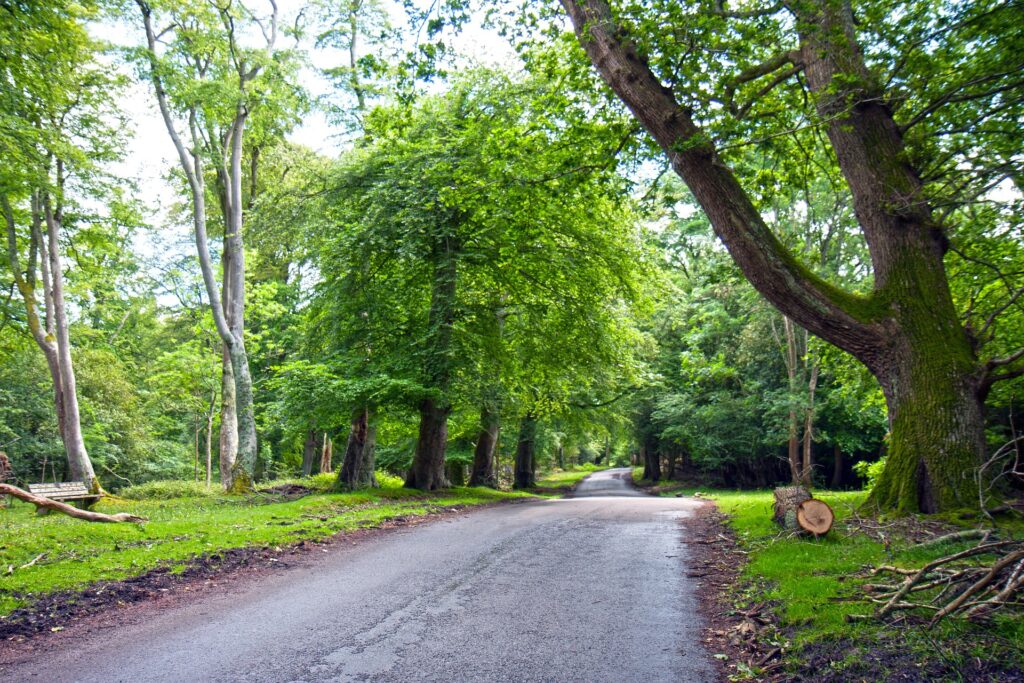Sustainable Road Surfacing Tarmac Contractors Recommend

What is it about an asphalt driveway that makes it eco-friendly? How can a material as durable and weather-resistant as tarmac be considered eco-friendly? There are a number of questions that come to mind when thinking about making your road surfacing eco-friendly. These questions range from how much pavement is needed to whether or not the material is mined using toxic chemicals. Let’s take a look at some of the answers from tarmac contractors.
What Is Tarmac And Is It Eco-friendly?
Tarmac is made from a thick aggregate, such as gravel or sand that is mixed with water. The water is usually recycled and is part of the aggregate material that is used to create the smooth topography on which automobiles drive and parking facilities are laid. In addition, tarmac is a petroleum byproduct, meaning it does not release toxic or dangerous air pollutants into the atmosphere. It also does not contribute to global warming.
What about tarmac recycling? When it is no longer needed, it is often reused for new pavement. As for the use of tarmac in itself, there is very little impact on the environment when this material is used for pavement and parking purposes. Since the material is so durable, it requires little repair and is able to withstand all but the most extreme conditions. Plus, it is very easy to replace. Tarmac pavement does not fade, crack, or develop unsightly indentations due to the passage of time. Additionally, tarmac is more resilient to the wear and tear of driving vehicles than many other materials, including concrete or rock.
So is tarmac eco-friendly? Experts believe that it is. Not only is it bio-friendly, but it is also relatively inexpensive when compared with the increased cost of building parking lots and driveways from natural stone or concrete, and the added time and effort required to prepare the ground for this use are offset by the amount of money saved on vehicle maintenance. Furthermore, tarmac is less harmful to the environment than alternative materials such as concrete and stone, as it is composed of primarily recycled material. In addition, asphalt is non-toxic, making it a sanitary surface for both residential and commercial use.

How Do Tarmac Contractors Ensure The Sustainability Of Road Surfacing?
There are many reasons why tarmac pavement is a great option for driveways and other surfaces according to tarmac contractors. Tarmac can provide benefits that concrete never can. For example, tarmac does not shrink, crack or warp and it is highly resistant to heat. With these qualities, tarmac contractors can reassure their clients that the jobs performed such as road resurfacing, maintenance, and repair on asphalt pavements or commercial streets or alleys. are up to the highest standards. These specialists are able to sculpt the perfect landscape that both adds value to the property and looks fantastic too. From simple maintenance projects to major projects, tarmac contractors are able to help residential and commercial properties alike. Tarmac contractors can offer all sorts of tarmac driveways such as circular driveways, quadrants, D-shape, and even Y-shape driveways. You can choose to have the tarmac placed on your private roadways or you can ask your chosen company to build the tarmac driveways for you. The choice is entirely up to you can be assured that once the tarmac is completed, your driveway will be exceptionally durable and last for a very long time.

Final Words
If you are asking “is tarmac eco-friendly?” then chances are, you are looking for a greener alternative to conventional paving. With tarmac’s superior longevity and resilience to wear and tear, along with its low cost and reliability to use, it is more attractive than many other alternative materials, making it a better fit for many spaces.

Angela is a writer focused on the intersection of climate change and public health. Her work explores the impacts of environmental shifts on well-being, aiming to raise awareness and provide practical insights for a healthier, more sustainable future.
